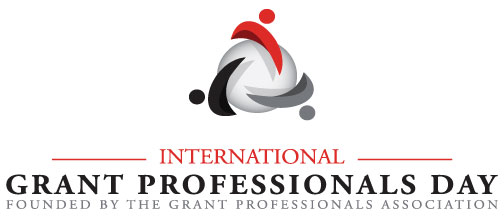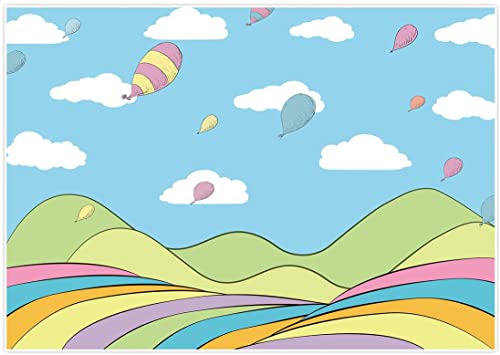Hello April! I am greeting this month with big, open arms – ready for sunshine, warmer temperatures, open windows, and a good, deep spring cleaning
(who doesn’t love washing windows and scrubbing baseboards?). If those are not enough reasons to love April, here’s one more: it’s National Volunteer Month – a time to celebrate and promote volunteerism and helping hands.
As a grant professional in the field for over 16 years, I have come to understand and deeply appreciate the value of a helping hand. One of the most valuable helping hands I have seen is proposal reviews, particularly for federal proposals
(perfect timing as spring is often a federal grant season!). I have been fortunate enough to experience both internal and external reviews from those who are unfamiliar with my proposal’s program or the agency.
BONUS: I have also served as an external reviewer for federal grant programs. The benefits of these extra eyes and hands are invaluable especially in an ever growing, highly competitive environment.










